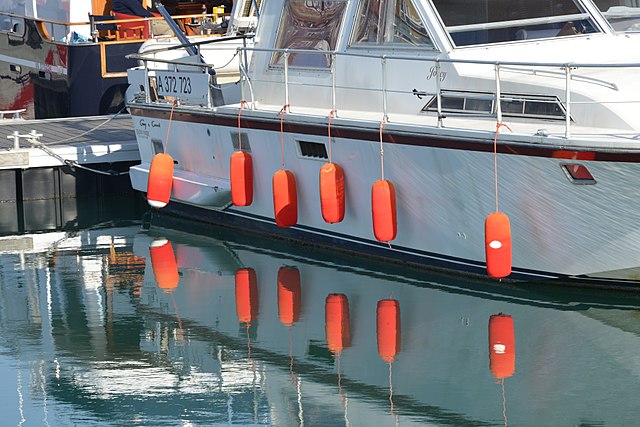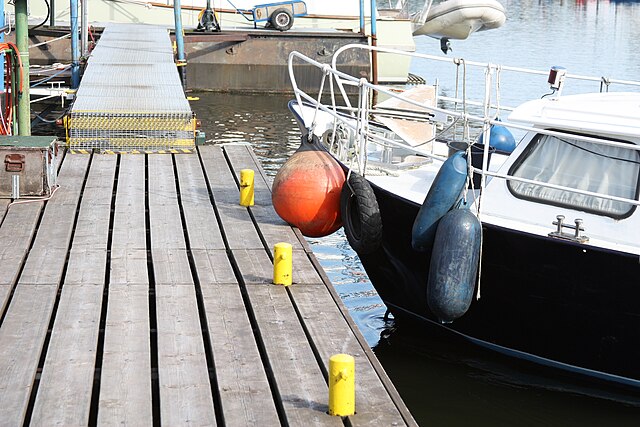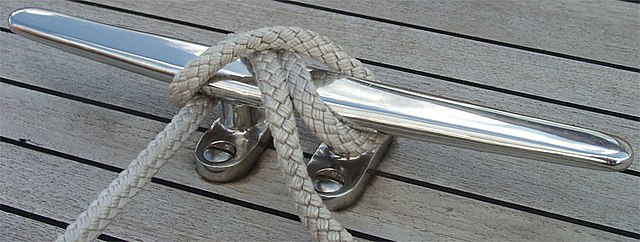
Fendering is important, yeah? I mean, fenders protect your boat, they protect other people’s boats and the dock, they allow you to pivot off of objects without damaging anything, they are a buffer between you and ugly scratches, they provide peace of mind while docking, and they even can be utilized as barriers between your beautiful boat and your neighbor’s uncanny boating skills. So yes, they are important.
But what happens when an important piece of boating gear turns into something that is often over dramatized? Huh? You might hear yourself think.
I’m speaking of fender management. The way in which fenders are secured while in use, while not in use, and the process of physically managing fenders around the water. Have you ever felt rushed to put out or bring in a fender? Do you ever find yourself calling out to your crew, or to your poor kids, to “get that damned fender out!” This article isn’t a plea to safety, like my article on “Why Not To Hitch a Cleat,” though there is a topic on fender safety that could be discussed, this article is a plea to relax.
I think we can be to quick to worry too much about fenders. While I’d agree with my first paragraph, that fenders are important, and even essential in some instances, I’d also give a quick reminder to a few boaters out there to JUST CHILL. It’s ok if your fenders stay out a little longer. It’s ok if you forgot to put them out, and now you’re coming in hot to the dock.
There is no reason to yell out over your vessel, and throughout the otherwise quiet and peaceful marina, “Get Those Fenders in NOW!”
There’s some strange stigma in the recreational boating world about leaving fenders out. It’s considered taboo to boat around the bay with fenders dangling over the side. Some may even call these fender wearing boaters “amatures.” But I don’t play that game.

I think we often forget that boating is supposed to be enjoyable. So if rushing, blaming, or yelling is part of your practice; or if there is shaming or shame; or if there is alpha-simplex; I’d offer to you the advice to reevaluate your place on the water. Just chill. You’re going to be ok.
As always, I’ll give some tips I’ve learned over the years:
- A simple hitch is the best way to secure a fender.
- Fenders generally shouldn’t touch the water. Why let growth accumulate?
- A roving fender is a good idea. This is an extra fender that is handled by crew and is ready to move about as needed.
- Try leaving your fenders out for an entire day underway! This is a prime chance to challenge that meditation practice. Maybe even do this as you travel with your yachting buddies.
- Leave fenders secured to your slip/dock when you can. This will minimize the need to manage them underway, it will save space, and they’ll be waiting and ready when you return.


